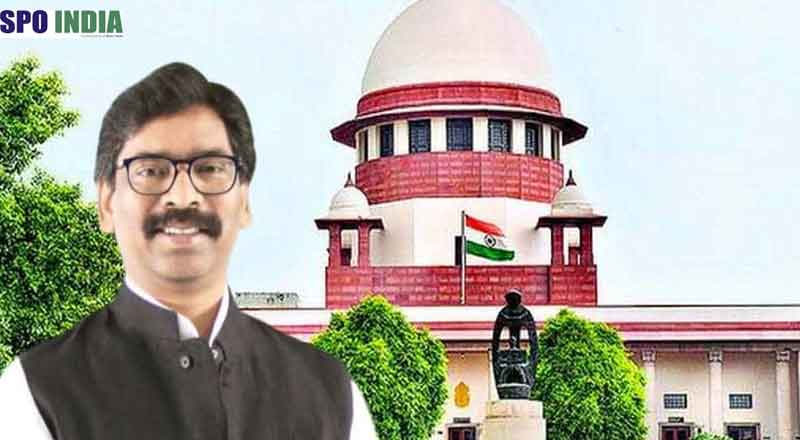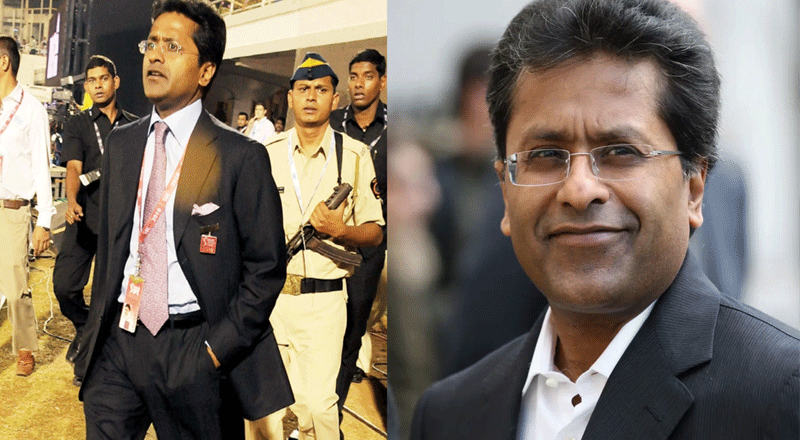The Supreme Court recently upheld the Jharkhand High Court’s decision to grant bail to Chief Minister Hemant Soren in a money laundering case. The refusal to interfere with the high court’s ruling is based on a thorough examination of the case and the absence of compelling evidence against Soren. Here are the ten reasons why the Supreme Court supported the high court’s decision:
- Well-Reasoned High Court Order
The Supreme Court noted that the Jharkhand High Court’s order was “very well-reasoned.” The high court meticulously analyzed the evidence and arguments presented by both sides before arriving at its decision to grant bail.
- Lack of Direct Evidence
The high court observed that there was no direct evidence linking Hemant Soren to the alleged crime. Specifically, none of the revenue records cited by the Enforcement Directorate (ED) directly implicated Soren in the unlawful acquisition of land.
- Speculative Allegations
The Supreme Court agreed with the high court’s assessment that the ED’s allegations were speculative. The accusations against Soren were largely based on circumstantial evidence and lacked concrete proof of his involvement. The high court emphasized that broad probabilities could not substitute for solid evidence in such cases.
- Misuse of Position Not Established
One of the key allegations by the ED was that Soren misused his position as Chief Minister to unlawfully acquire land. However, the high court found no convincing evidence to substantiate this claim. The court noted that merely holding a high office does not imply misuse without substantial proof.
- No Direct Involvement in Land Ownership
The high court’s examination revealed that Soren had no direct involvement in the ownership or acquisition of the 8.86 acres of land in question. The court found no evidence linking him to any transactions related to the land, undermining the ED’s case.
- Admissibility of Confession by Media Consultant
The ED had relied on the confession of Soren’s media consultant, Abhishek Prasad, to support its claims. However, the high court questioned the admissibility and reliability of this confession. The court noted that such statements require corroboration and cannot be the sole basis for implicating an individual.
- No Record of Original Landowner’s Complaint
The ED claimed that the original landowner, Raj Kumar Pahan, attempted to lodge a complaint against the alleged land usurpation, but it was not acted upon. However, the high court found no formal record of such a complaint, casting doubt on the credibility of this assertion.
- Compliance with Bail Provisions
The high court ensured that its decision to grant bail complied with legal provisions and precedents. The Supreme Court acknowledged that the high court had followed due process, adhering to established principles for granting bail, such as assessing the likelihood of tampering with evidence or fleeing from justice.
- Absence of Flight Risk or Tampering
The high court considered the factors of flight risk and potential evidence tampering while granting bail. Soren’s legal team successfully argued that he posed no such risk, reinforcing the decision to allow bail. The Supreme Court agreed with this assessment, finding no compelling reason to overturn the high court’s judgment.
- Presumption of Innocence
The Supreme Court emphasized the fundamental legal principle of the presumption of innocence until proven guilty. The high court’s decision aligned with this principle, considering that the evidence against Soren did not establish guilt beyond a reasonable doubt at this stage.
These ten reasons collectively illustrate why the Supreme Court chose to uphold the Jharkhand High Court’s decision to grant bail to Chief Minister Hemant Soren, affirming the careful and balanced consideration of legal principles in the case.
(With inputs from agencies)





